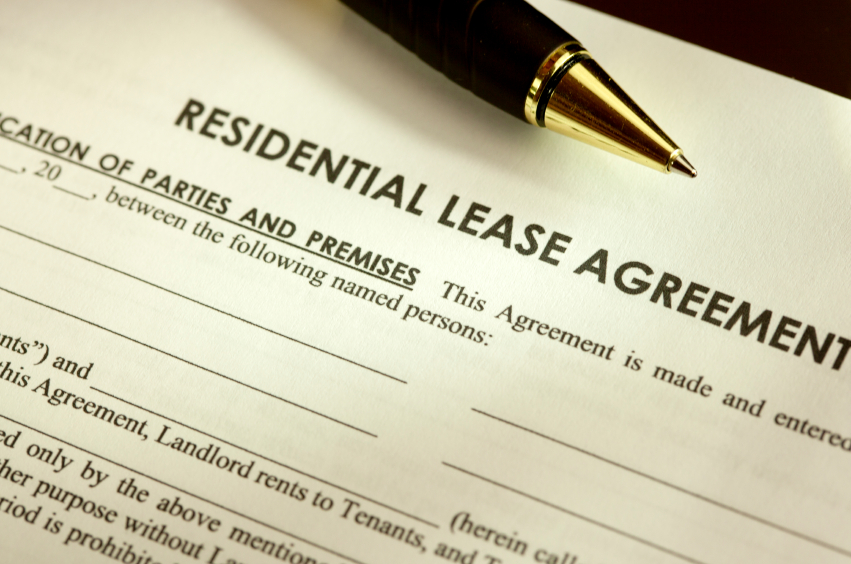
Property management in Seattle is the backbone of successful real estate investing in one of the most dynamic and regulated rental markets in the country. From screening tenants and managing leases to handling repairs and improving ROI, a skilled property manager turns your property into a reliable income stream. Whether you’re a new landlord or scaling a portfolio in Seattle, understanding how property management works can save you time, reduce stress, and maximize profits.
Key Takeaway
Property management is more than rent collection—it’s a comprehensive service that ensures legal compliance, stable cash flow, tenant satisfaction, and asset protection. Whether you own a single home or a dozen rental units in Seattle, working with an experienced team like GPS Renting simplifies the entire process.
Core Responsibilities of Property Management
1. Understanding Landlord-Tenant Law

In Washington State and Seattle specifically, property managers must operate within strict regulatory frameworks. This includes laws related to:
- Rent increases
- Lease terminations
- Evictions
- Fair housing compliance
One of the most notable proposed changes is HB 1217, a 2025 bill aimed at introducing rent stabilization and preventing sharp rent hikes without cause. This could limit how much landlords can increase rent in a 12-month period and would require additional notice and documentation for larger increases.
The bill also includes:
- Mandatory landlord registration
- Limits on eviction without just cause
- Requirements for relocation assistance under specific conditions
(Source: Washington State Legislature – HB 1217)
Learn more: Seattle Landlord-Tenant Law Guide
2. Lease Creation and Enforcement

Leases serve as the legal foundation between you and your tenants. Property managers draft, enforce, and update lease agreements, ensuring compliance and protection.
3. Tenant Screening Process

Good tenants are key to consistent rental income. Property managers:
- Run background and credit checks
- Verify employment and income
- Contact references
- Evaluate rental history
Learn more: How to Attract Renters & Boost Profits
4. Rent Collection and Financial Tracking

This includes:
- Setting optimal rental rates
- Enforcing late fees and payment terms
- Processing certified rent payments (see how it works)
5. Cash Flow and ROI Management

A great property manager actively looks for ways to optimize your Return on Investment (ROI):
- Smart pricing strategies
- Minimizing vacancies
- Expense tracking and reporting
6. Vacancy Management

Vacant homes = lost income. Property managers:
- Market listings aggressively
- Coordinate showings and tours
- Onboard new tenants quickly using tools like tenant portal systems
7. Maintenance and Repairs

Day-to-day tasks include:
- Handling emergency and non-emergency repairs
- Coordinating with licensed contractors
- Submitting maintenance requests efficiently
Learn how to submit maintenance requests: Maintenance Request Guide
Also see:
8. Managing Budgets and Records

Property managers:
- Track income/expenses
- Handle property tax matters (What to Expect)
- Provide detailed owner statements and 1099s
What Is Turnkey Property Management?
Turnkey management means everything is handled—from marketing to move-out. For out-of-state investors or first-time landlords, turnkey services from firms like GPS Renting ensure peace of mind and passive income.
Also read: Turnkey Property Guide
Real-World Example: Day-to-Day Tasks of a Property Manager

“A typical day for our GPS Renting property managers includes reviewing rent collection reports, scheduling plumbing repairs, approving lease renewals, and responding to tenant questions—all before noon.” — GPS Renting Team
Final Thoughts
Whether you’re local to Seattle or investing remotely, having the right property management team can make all the difference. At GPS Renting, we combine compliance, technology, and experience to manage your property like it’s our own.
Ready to talk to a Seattle property management expert? Contact us today for a consultation.
